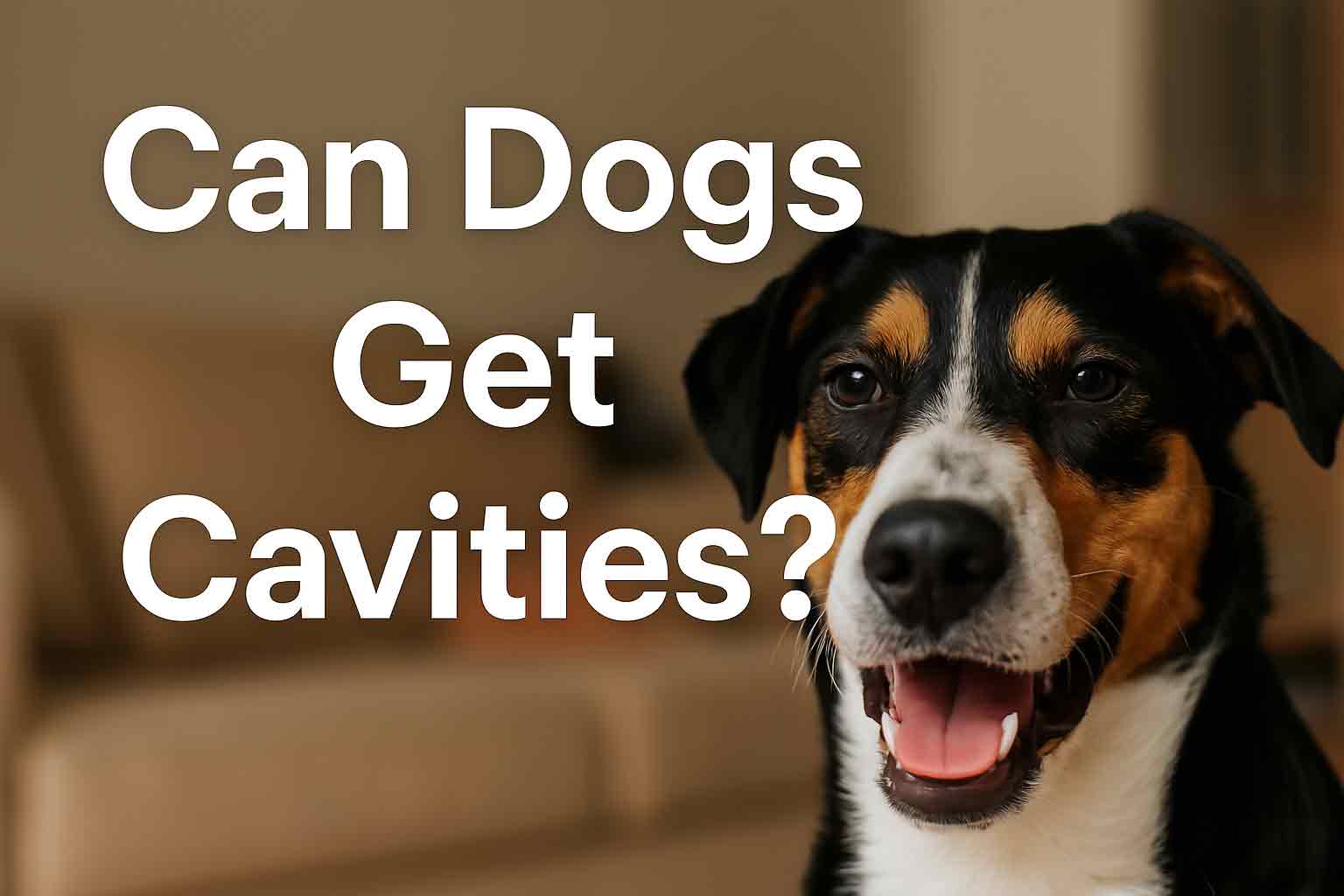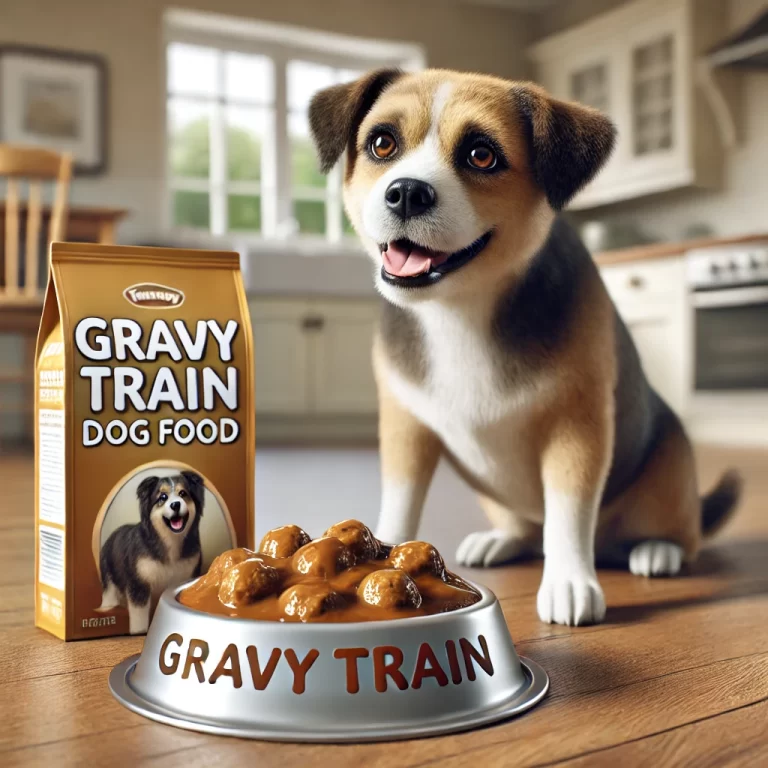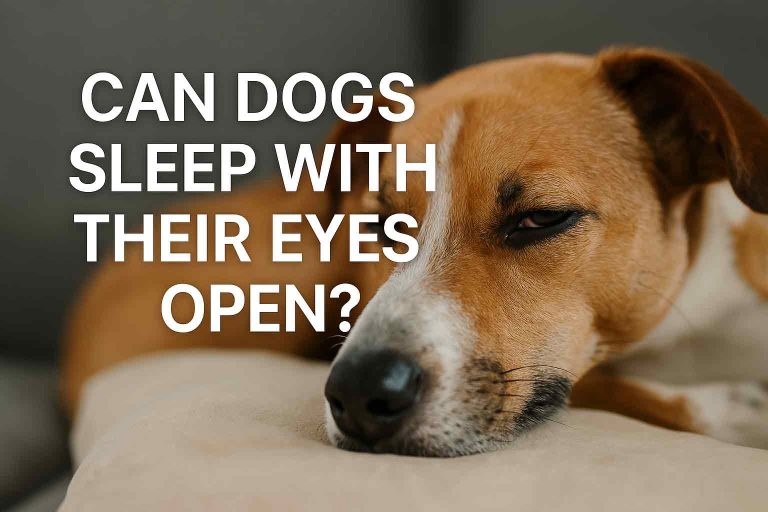Can Dogs Get Cavities? Causes, Symptoms, Treatment & Prevention Tips
Table of Contents
- 1. Introduction
- 2. What Are Cavities?
- 3. Do Dogs Get Cavities?
- 4. How Common Are Cavities in Dogs?
- 5. What Causes Cavities in Dogs?
- 6. Signs and Symptoms of Dental Problems in Dogs
- 7. How Are Cavities Diagnosed in Dogs?
- 8. Treatment Options for Canine Cavities
- 9. How to Prevent Cavities in Dogs
- 10. The Role of Diet in Dental Health
- 11. Routine Dental Care Tips for Pet Owners
- 12. Frequently Asked Questions
- 13. Final Thoughts
- 14. Key Takeaways
1. Introduction
Dental health is just as important for dogs as it is for humans, yet many pet owners overlook it. One question that comes up often is, “Can dogs get cavities?” In this article, we explore the facts about canine dental health, the risks of cavities in dogs, and how to protect your pet’s teeth for the long run.
2. What Are Cavities?
Cavities, also known as dental caries, are holes in the teeth caused by tooth decay. They form when bacteria in the mouth break down food particles, producing acids that erode the tooth enamel over time. If untreated, cavities can lead to pain, infection, and tooth loss.
3. Do Dogs Get Cavities?
Yes, dogs can get cavities, but they are much less common than in humans. This is primarily due to differences in diet, mouth pH, and oral bacteria. Dogs’ diets are typically low in sugar, which is a major contributor to cavities in people. However, when cavities do occur in dogs, they require veterinary attention.
4. How Common Are Cavities in Dogs?
Studies estimate that fewer than 10% of dogs are affected by cavities. In contrast, periodontal disease is far more prevalent, impacting over 80% of dogs over the age of three. While cavities are rare, they should still be taken seriously when they appear.
5. What Causes Cavities in Dogs?
Several factors can contribute to the development of cavities in dogs:
- Diet high in fermentable carbohydrates or sugars
- Poor oral hygiene
- Tooth misalignment that traps food particles
- Low saliva flow or altered saliva pH
- Bacteria buildup and plaque formation
6. Signs and Symptoms of Dental Problems in Dogs
While cavities themselves may not always be visible, some signs of dental problems include:
- Bad breath
- Visible holes or dark spots on teeth
- Swollen or bleeding gums
- Difficulty eating or chewing
- Excessive drooling
- Pawing at the mouth
7. How Are Cavities Diagnosed in Dogs?
Veterinarians diagnose cavities during dental exams, often under anesthesia. They may use:
- Visual inspection of the teeth
- Dental probing to detect soft spots
- Dental X-rays to assess internal damage
8. Treatment Options for Canine Cavities
Treatment depends on the severity of the cavity. Common options include:
- Dental fillings: To restore minor damage
- Tooth extraction: For severely decayed or infected teeth
- Root canal therapy: For saving damaged but viable teeth (done by veterinary dentists)
9. How to Prevent Cavities in Dogs
Prevention is the best strategy. Tips include:
- Brush your dog’s teeth regularly using canine toothpaste
- Provide dental chews and toys that reduce plaque buildup
- Feed a balanced, low-sugar diet
- Schedule regular veterinary dental checkups
- Use water additives or oral rinses recommended by your vet
10. The Role of Diet in Dental Health
Your dog’s diet plays a crucial role in preventing cavities and other dental issues. Avoid feeding sugary treats, and opt for high-quality dry kibble or specialized dental diets that support oral hygiene. Chewing raw bones (under supervision) or approved dental chews can also promote cleaner teeth.
11. Routine Dental Care Tips for Pet Owners
- Start brushing your dog’s teeth early in life
- Use a dog-specific toothbrush and toothpaste
- Reward your dog after brushing to build a positive habit
- Inspect your dog’s mouth regularly for signs of dental problems
12. Frequently Asked Questions
Do puppies get cavities?
It’s rare, but possible—especially if they consume sugary treats.
Are dental cleanings under anesthesia safe?
Yes, when performed by a qualified vet. They allow for thorough cleaning and early detection of issues.
Can dental chews replace brushing?
No. Chews help reduce plaque but are not a substitute for brushing.
13. Final Thoughts
Can dogs get cavities? Yes, but they’re rare compared to other dental issues. That said, keeping your dog’s mouth clean is vital for overall health and well-being. Routine dental care, a healthy diet, and regular vet visits will go a long way in preventing problems like cavities, gum disease, and tooth loss.
14. Key Takeaways
- Dogs can get cavities, though it’s uncommon
- Proper dental care is essential to prevent all types of oral diseases
- Watch for signs like bad breath or chewing difficulties
- Work with your vet to maintain your dog’s dental health




